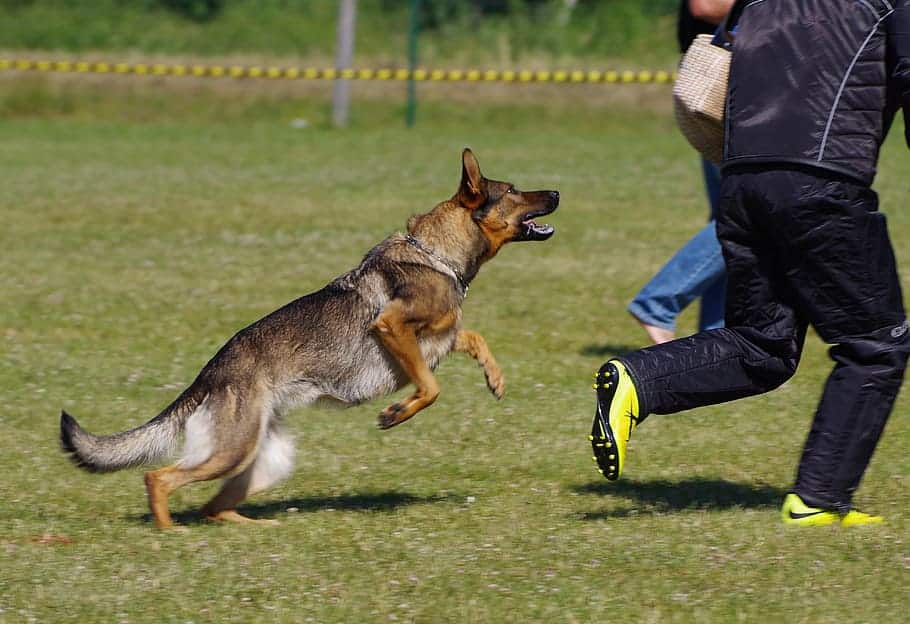Dogs are legendary for announcing their presence with a barrage of barks. Dogs are the creatures that announce their presence and it terrifies the passers by. As a dog owner, I myself have experienced unpleasant situations where your dog appears to bark at nothing. This behavior can be very haunting, as it may disturb the environment of your home or maybe somehow disturb your neighbors. That being said, knowing the underlying cause of your dog’s barking, combined with good training strategies, can help remove this annoying noise. Here are some tried-and-true methods for reducing your dog’s barks.
Find out why your dog barks
It’s very essential to understand the dog’s needs before saying anything like “shup-up please”. Dogs bark for a variety of reasons, including:
- Attention seeking
- Boredom or loneliness
- Fear or stress
- Territorial defense
- Greeting or socialization
By identifying the motivation behind your dog’s barking, you can better implement the appropriate response and training method.
Establish an Appropriate Response
Establishing and continuously rewarding a suitable response is one of the best strategies to stop your dog from barking. Various techniques can be used, depending on what is causing your dog to bark.
- If you think your dog is doing it to get attention, just ignore it. This entails keeping your distance from your dog when they are barking, as well as not speaking to or petting them. Even unfavorable attention is what dogs thrive on. Your dog will gradually come to equate stillness with rewards if you praise or give them goodies when they behave calmly and quietly.
- Make your surroundings stimulating: Excessive barking might result from boredom or loneliness.
- To tackle excessive barking, make sure your pup has exciting toys, mental challenges, and regular playtime. Taking a daily walk, playing fetch, or introducing new toys can keep them entertained. Also, providing structure and a routine in their day-to-day life can help minimize barking and nervousness.
- Create a Cozy Spot: If your dog gets stressed or anxious, set up a safe space in your home. Use a crate or a quiet room filled with their favorite bedding, blankets, and toys. This cozy spot gives your dog a secure hideaway when they need it.
- Watch Out for Triggers: Some dogs bark a lot when they feel their territory is threatened. Be mindful of potential triggers like people passing by, loud noises, or other animals. Keep curtains closed or use window films to limit your dog’s view outside. Positive reinforcement training can help set boundaries and reduce territorial barking.
- Take It Slow: If your dog barks due to things like seeing other dogs or unfamiliar places, try gradual desensitization. Introduce them to the triggering stimulus slowly, rewarding them for staying calm. Increase the stimulus slowly over time. It might take patience, but this method can help your dog become more comfortable with various situations.
Teach the “Quiet” Command
A useful training technique to stop barking on command is teaching your dog the “quiet” command. Follow these steps:
- Say “quiet” when your dog starts barking.
- Wait for them to stop barking, even for just a moment.
- Praise them and give them a treat as soon as they stop barking.
- Repeat this process consistently. Over time, your dog will begin to associate the word “quiet” with stopping their barking and receiving a reward. Eventually, you will be able to use the command without treats as the behavior becomes ingrained.
Consider Getting Professional Help
If you still think there might be another issue like an ache or stomach-ache, then it is best to consult a professional in your nearby area or you can just google and find a veterinarian before applying anything on your own.
Some Extra Tips
Don’t yell or hit your dog: Shouting, hitting, or using shock collars will only increase the number of problems not fixing them.
Check for health issues: You must talk to your vet if you find any serious issues, better not medicate them with online reading.
Be patient and keep things the same: It takes time to change your dog’s barking habits. Stay patient and use the same training methods for the best results.
In Conclusion
Dealing with too much barking can be tough, but with the right help and training, you can make things better. Just remember to be patient and consistent. If you combine these tips with the right training, your home can become a quieter and happier place for you and your furry friend.

